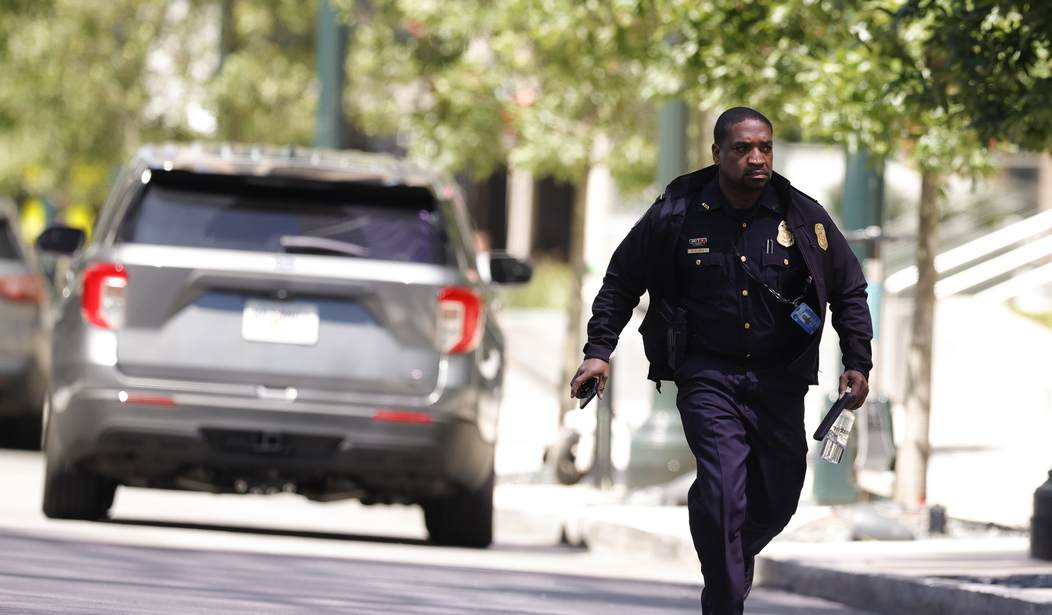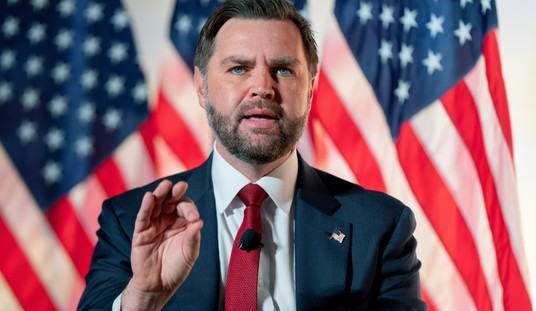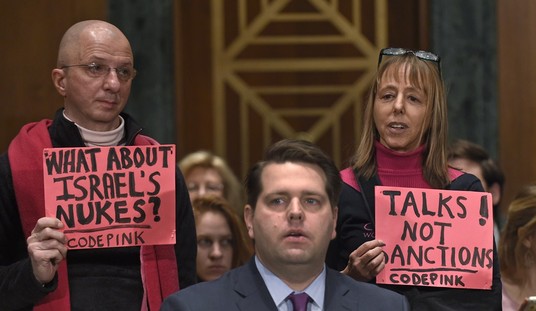Can artificial intelligence make law enforcement more effective and just? Some agencies plan to find out. Police forces across the country are adopting AI technology such as Truleo to analyze body camera videos in an effort to increase trust and transparency in communities.
The company’s AI platform automatically detects critical situations involving use-of-force, pursuits, and frisking, as well as screening for professional and unprofessional language, allowing supervisors to evaluate officers’ conduct within minutes.
While some police departments have seen positive results, critics have expressed concerns about the lack of transparency and the need for community review of officer behavior captured by body cameras:
One officer with nearly two decades of experience told Fox News, “It protects everyone involved and it just helps the department as far as stopping a problem before it becomes an issue.”
Numerous law enforcement agencies transcribe their body camera videos, but less than 1% of the videos are ever reviewed, according to Truleo’s CEO and co-founder Anthony Tassone. His company aims to fix that problem with A.I. that is designed to analyze those videos in just minutes.
Tassone believes his A.I. could have alerted police supervisors to patterns of behavior that needed correction among the officers involved in the fatal police beating of Tyre Nichols.
“Truleo would prevent something like that from happening because it would give instant visibility into the videos and the command staff in Memphis would have the data that would alert them to a deterioration of professionalism,” Tassone told Fox News.
Truleo has partnered with 20 police departments in the U.S., including the Anaheim Police Department in California and the Aurora Police Department in Colorado. The company aims to secure contracts with at least 10 to 15 more police departments by 2024.
Chief Bill Partridge, of Oxford police in Alabama, has used the technology for three years. He says it ensures officers in his department are acting appropriately and helping the public.
However, not everyone is on board with the idea. The American Civil Liberties Union emphasized that “AI systems are no substitute for community review of officer behavior that is captured by body cameras.”
Others have said that the use of AI technology could result in violations of privacy. The Seattle Police Department is ending its trial use of the system due to concerns about increased government surveillance and privacy violations. This occurred after the technology faced criticism from the American Civil Liberties Union (ACLU) and media coverage for the potential misuse of civilians’ data collected by body cameras.
Still, the company’s data showed a 36 percent decline in use-of-force among officers.
Body-worn cameras have become an essential tool for law enforcement agencies seeking to increase transparency and accountability during interactions with the public. Truleo’s AI system has emerged as a promising solution to analyze body camera footage and identify troubling officer behavior quickly. However, like any technology, it comes with both advantages and drawbacks.
One of the most significant advantages of the company’s AI system is its ability to analyze body camera footage within seconds. The natural language processing technology allows for automatic transcription and the identification of positive and negative interactions. This rapid analysis enables supervisors to address potential issues promptly, leading to improved officer conduct and a safer community, assuming, of course, that the police agency takes accountability seriously.
By automatically flagging potential instances of unprofessional behavior, the system can help identify patterns of misconduct or potential signs of excessive use of force, allowing agencies to take corrective action and prevent potential escalations.
Truleo CEO Anthony Tassone claims that the system’s early identification of concerning behavior could potentially prevent violent incidents, such as the tragic case of Tyre Nichols in Memphis. By recognizing patterns early on, supervisors can intervene and provide additional training or support to officers who may be at risk of engaging in unprofessional conduct.
It could also enable leadership to identify repeat offenders who might need to be further disciplined or relieved of their duties. Another benefit is that the technology could also catch corrupt officers committing crimes and engaging in violations of people’s rights.
One of the main drawbacks of Truleo’s AI system is the potential invasion of civilians’ privacy. The technology automatically transcribes and analyzes all audio recordings from body cameras, not just those related to suspected crimes. This raises concerns about the misuse of data and the possibility of unwarranted government surveillance, especially in cases where individuals are not directly involved in criminal activities.
Critics, including the ACLU, have expressed concerns about the lack of transparency and oversight surrounding the AI system’s decision-making processes. As an automated tool, the AI might not be free from biases and could result in incorrect or unfair assessments of officer behavior. Community review and human oversight remain crucial to ensure fair evaluations.
In conclusion, Truleo’s AI system for body camera footage analysis presents both promising opportunities and serious challenges. Its ability to efficiently identify troubling behavior and enhance accountability within law enforcement agencies can contribute positively to community trust.
However, privacy concerns, lack of transparency, and potential biases underscore the need for strict oversight and responsible implementation. Striking a balance between the benefits of increased transparency and privacy protection is essential to ensure the ethical and effective use of AI in policing.
I think this is a tool that could work. Using this technology could result in greater transparency and accountability for police officers. One of the biggest complaints people have about law enforcement is that its agents are rarely punished when they abuse their authority. AI could make it more difficult for officers to avoid scrutiny or even punishment.
However, I have deep concerns about the privacy issue. Bodycams already record interactions between officers and civilians. But how can we be sure that companies like Truleo are not using them to collect information on people without their knowledge or consent? Without such a guarantee and the transparency to back it up, it still seems risky, which might be why Seattle discontinued using the service. Either way, there might be a pathway to mitigating these issues. If it does, and it brings about more accountability for police officers, then it might be a net benefit for civilians.












